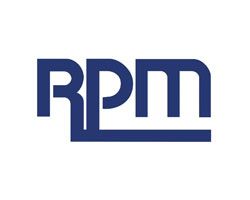Welcome,
Aspiring Leaders!
Learn more about our leadership programs and discover which leadership program or course is right for you.
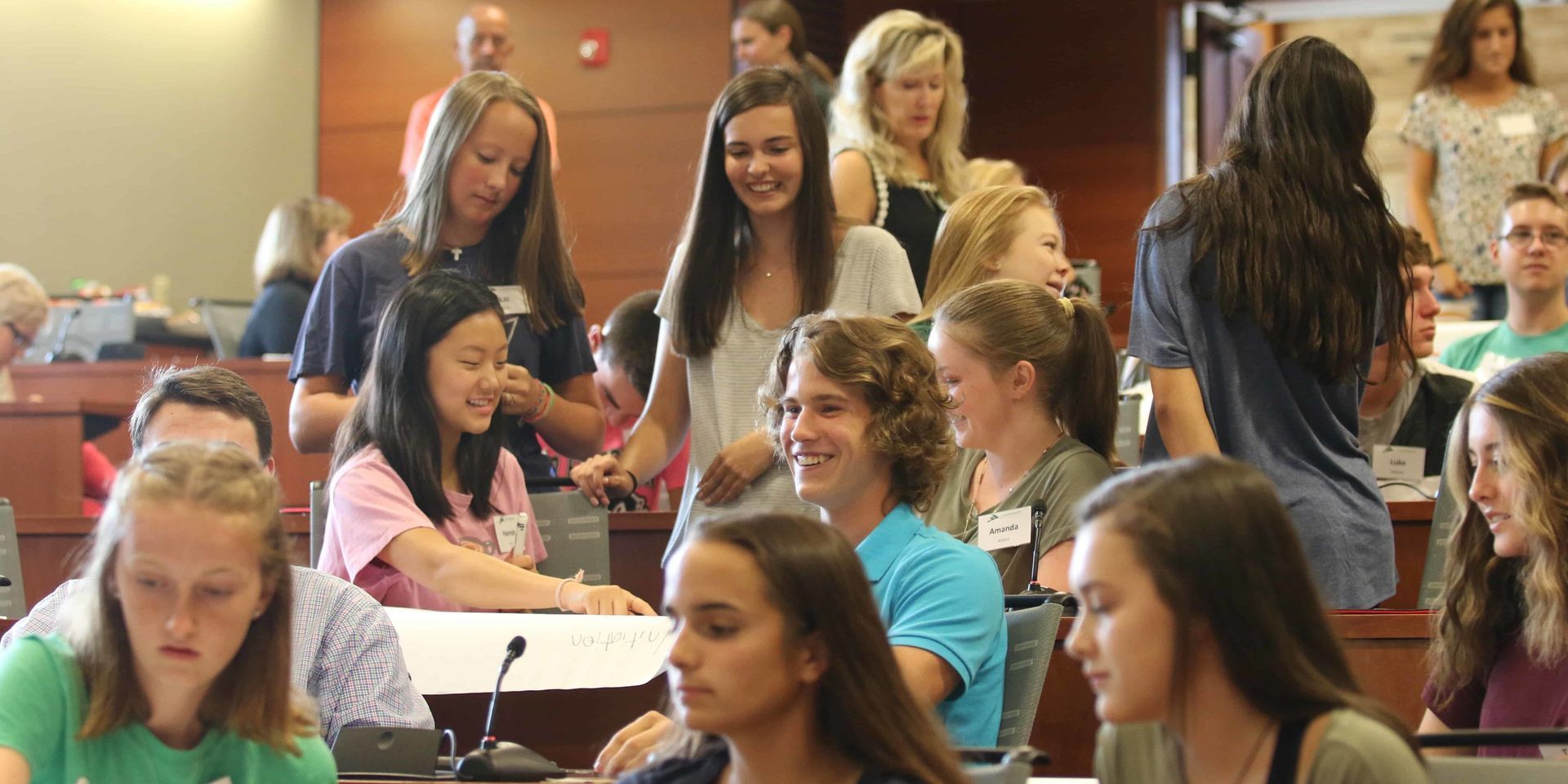
Junior Leadership
A place for students to engage in hands on and experiential activities taking them everywhere around the county
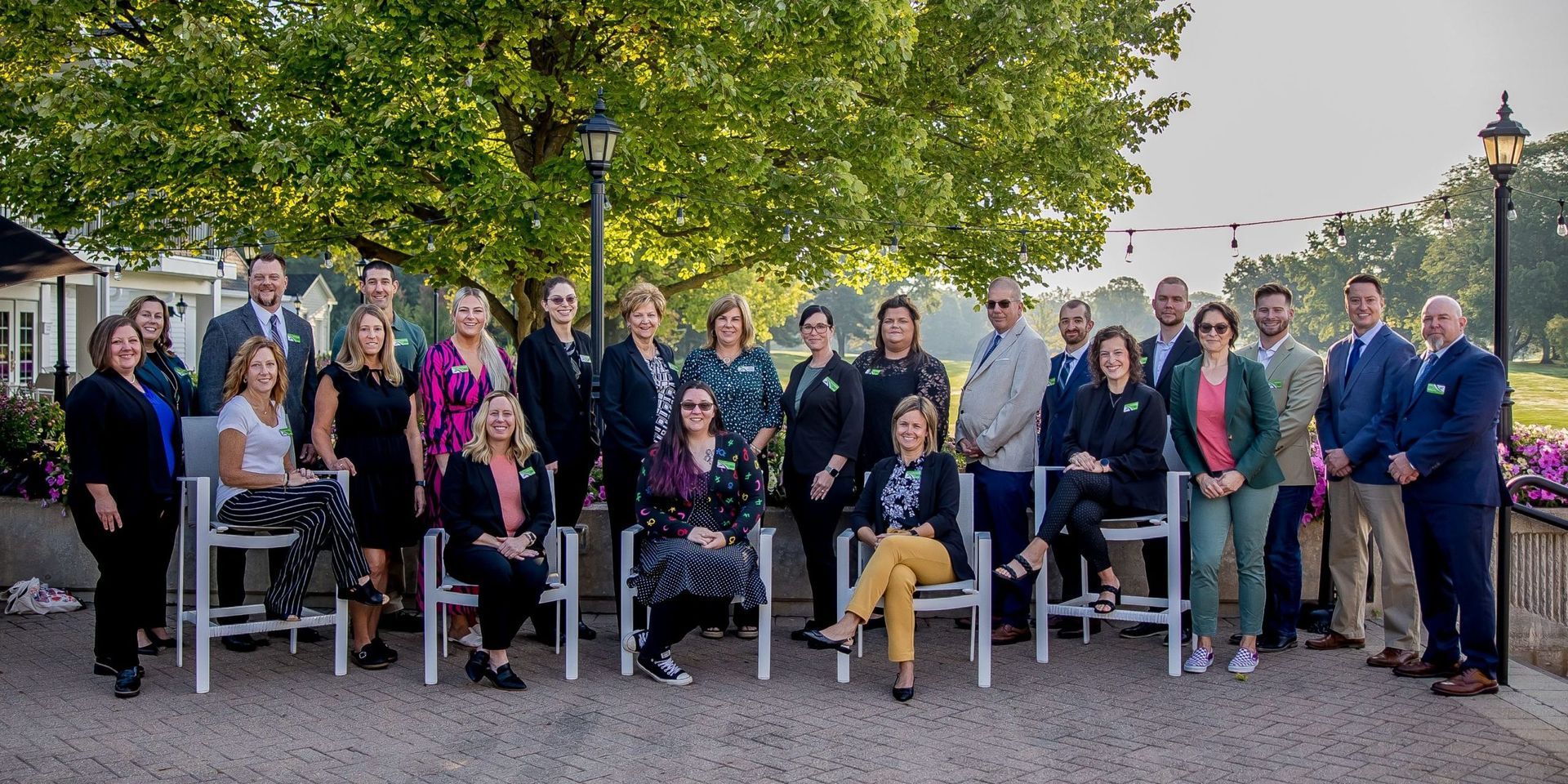
LEAD Institute
Designed for those looking for professional development training and to further develop their leadership skills
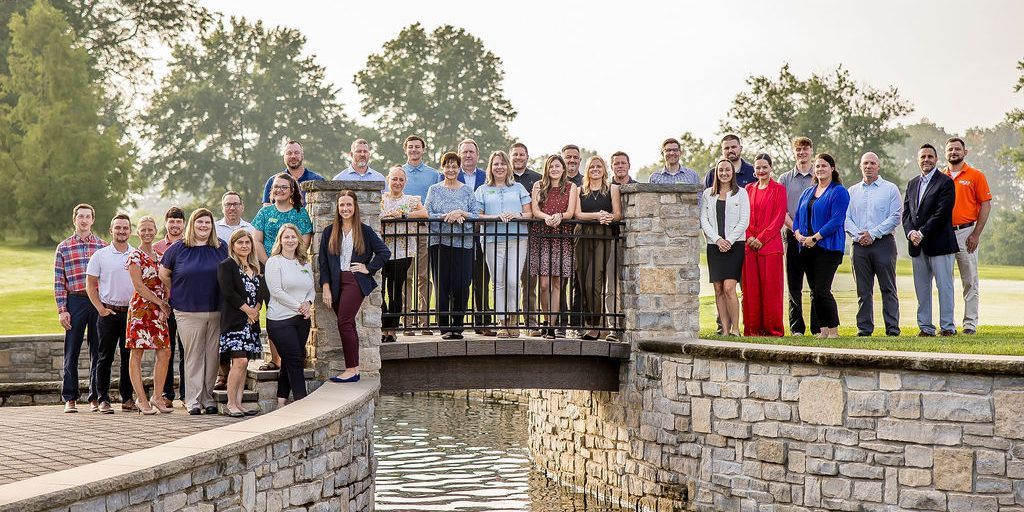
Signature Class
The place where leaders can connect with diverse networks, build understanding, and take action to drive positive social impact
What is Leadership Medina County?
Leadership Medina County is a nonprofit, educational and leadership development organization which exists to build and maintain a county wide network of talented, responsible, and dynamic leaders, who learn first-hand about issues facing our county and who serve by assisting in addressing those issues.
Leadership Medina County carries out this mission through civic programs, leadership courses, professional development courses, and events designed to inspire, challenge and connect people at all levels of leadership development.
Hear More From Our Alumni:
Recent Blog Posts
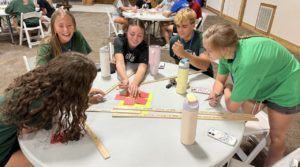

Interested in professional development?
Aspiring leaders start here!
Find out which program or course is right for you by contacting our team here. You can also sign up for email updates. We’ll keep you posted on opportunities to step up as a leader in Medina County.



